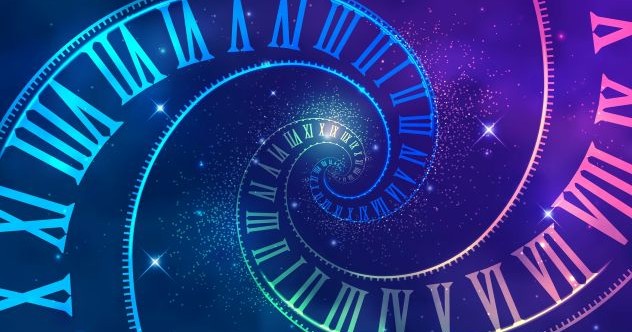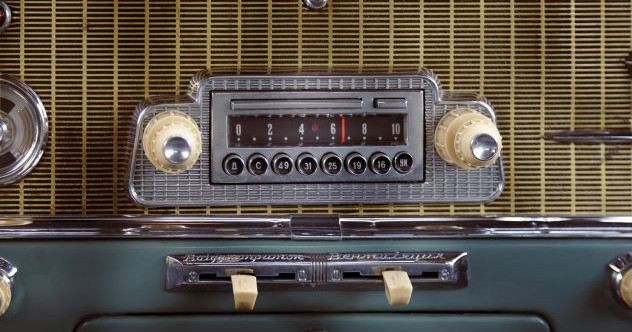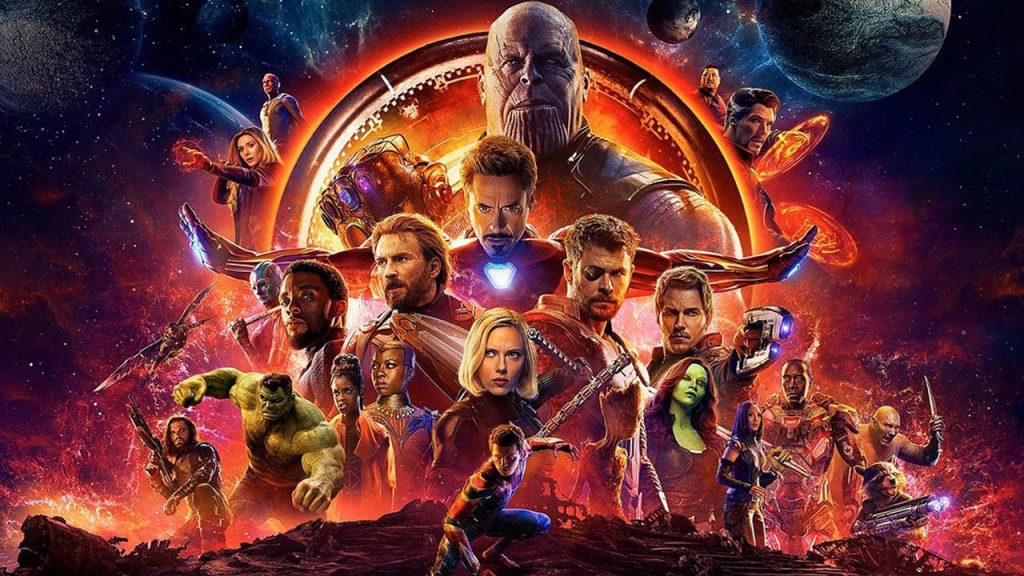- News in Brief
- Published:
volume 43, page 835 (2025)Cite this article
The University of California and the University of Vienna have convinced a US appeals court to revive their bid for patent rights to the CRISPR–Cas9 gene-editing technology created by their scientists Jennifer Doudna and Emmanuelle Charpentier. The case was sent back to the Patent Office’s Patent Trial and Appeal Board for reconsideration after the court found fault with a previous patent tribunal’s ruling giving key CRISPR–Cas9 patent rights to the Broad Institute and researcher Feng Zhang. This will give Nobel prize winners Doudna and Charpentier and their respective universities another chance to claim rights to CRISPR–Cas9 patents as true inventors in the United States.
Doudna and Charpentier and the Broad have been contesting CRISPR–Cas9 patent ownership since 2012. To settle the dispute, the patent tribunal in 2022 set out to establish which party first invented the technology. The tribunal determined that Doudna and Charpentier were the first group to develop CRISPR–Cas9 gene editing in eukaryotic cells (some seven months before the Broad), but at the time were having trouble editing genes in fish embryos and were uncertain of CRISPR–Cas9’s success in animal cells. The Broad, by contrast, published data showing that CRISPR–Cas9 editing worked in human and mouse cells, which was why the patent tribunal ruled in the Broad’s favor.
The University of California and the University of Vienna challenged the patent tribunal’s decision, saying it had wrongly awarded patents to the first party to use CRISPR–Cas9 editing, rather than the first party to invent it. The court agreed, saying the tribunal incorrectly focused on the scientists’ uncertainty over the technology’s success in animal cells. In its recent decision, the court noted that Doudna and Charpentier did not need to be sure their invention would work to get credit for conceiving it. What was important was that Doudna and Charpentier had defined the invention and that CRISPR–Cas9 did work eventually without major new discoveries or experiments.
Rights and permissions
About this article
Cite this article
Court reignites CRISPR patent dispute.
Nat Biotechnol 43, 835 (2025). https://doi.org/10.1038/s41587-025-02717-6
-
Published:
-
Issue Date:
-
DOI: https://doi.org/10.1038/s41587-025-02717-6























